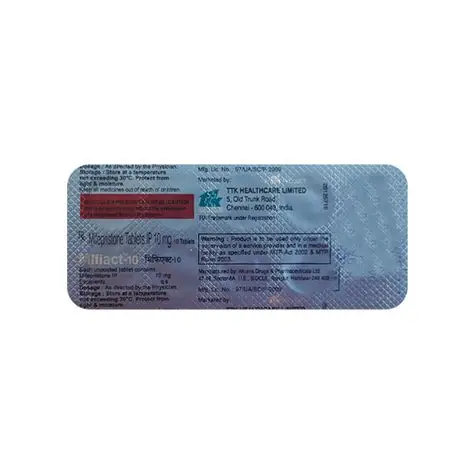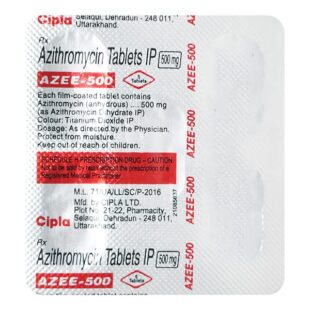Product Introduction
Mifiact 10mg Tablet is used to manage uterine fibroids, which are noncancerous growths in the uterus that may lead to heavy menstrual bleeding, pelvic discomfort, and a feeling of pressure. This medicine works by blocking the hormone progesterone, which fibroids need to grow, helping to shrink them and reduce associated symptoms.
Take Mifiact 10mg Tablet exactly as prescribed by your doctor. It can be taken with or without food, preferably at the same time each day. Your doctor may schedule regular check-ups or ultrasounds to monitor your progress and detect any side effects.
Uses
Management of uterine fibroids
Benefits
Mifiact 10mg Tablet helps decrease fibroid size and controls symptoms such as heavy menstrual bleeding and pelvic discomfort. By alleviating these issues, it reduces fatigue, minimizes the need for frequent sanitary product changes, and lowers the risk of anemia. This treatment allows women to manage their condition without invasive procedures, promoting a more comfortable and predictable daily routine.
Side Effects
Some side effects may include:
Hot flashes
Nausea
Headache
Dizziness
Fatigue
These side effects are generally mild and temporary. Seek medical attention if you experience unusual or heavy bleeding, severe abdominal pain, or any serious discomfort.
How to Use
Take Mifiact 10mg Tablet exactly as directed by your doctor. Swallow the tablet whole with water. It may be taken with or without food, but it is best to take it at the same time each day for consistency.
How It Works
Mifiact 10mg Tablet blocks progesterone, a hormone that plays a key role in the growth of uterine fibroids. By inhibiting progesterone receptors, the medication reduces fibroid size and helps control symptoms like heavy bleeding and pelvic pain.
Safety Information
Alcohol: Consult your doctor before consuming alcohol while on this medicine.
Pregnancy: Unsafe during pregnancy. Effective contraception is required while using this medicine.
Breastfeeding: Consult your doctor before use.
Driving: Avoid driving if you experience dizziness or other symptoms affecting concentration.
Kidney: Use caution in patients with kidney issues; consult your doctor.
Liver: Use with care in patients with liver disease; dose adjustment may be necessary.
Vendor Information
- Address:
- No ratings found yet!
























































Reviews
There are no reviews yet.